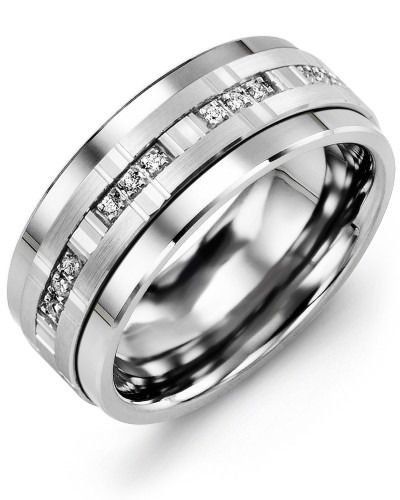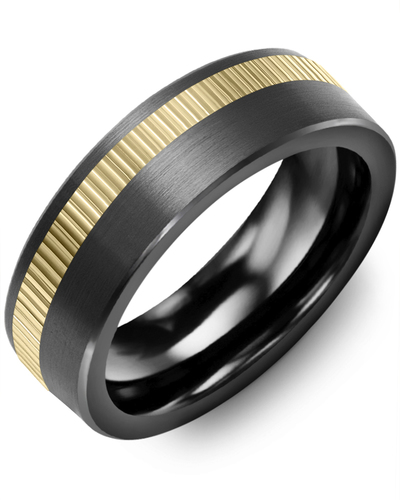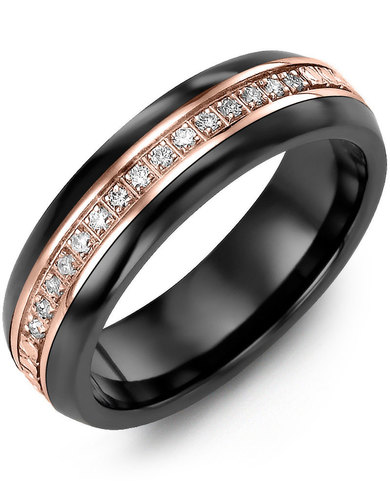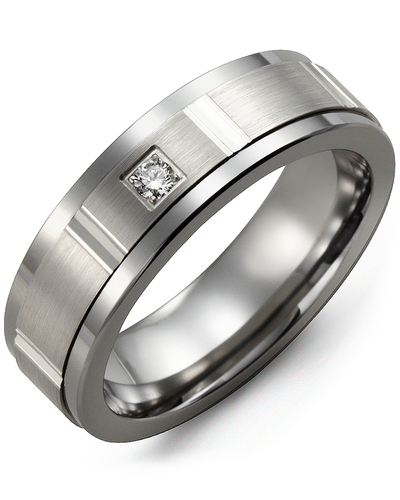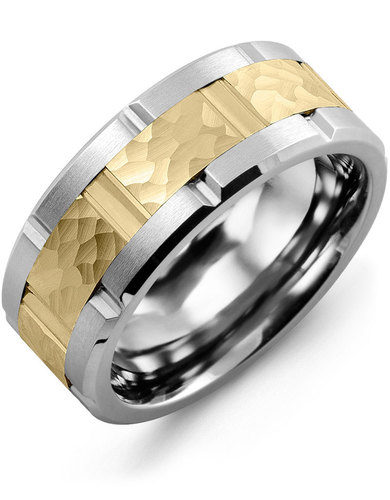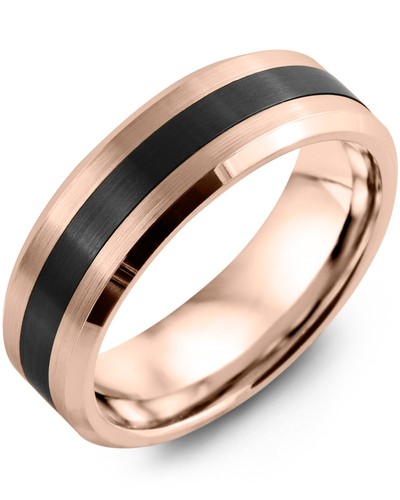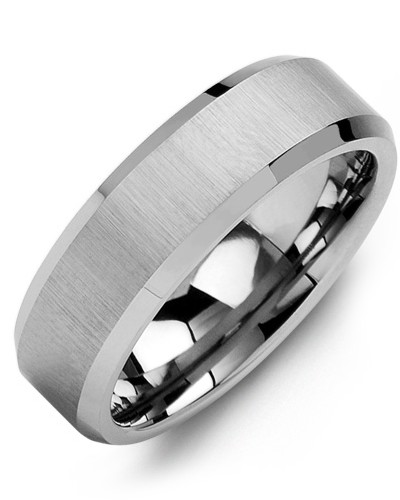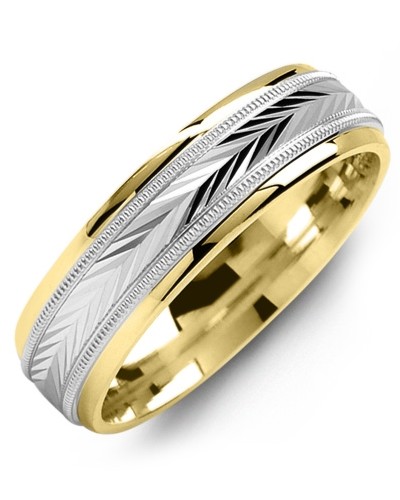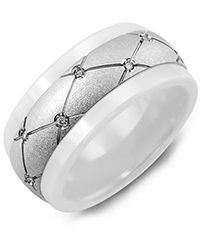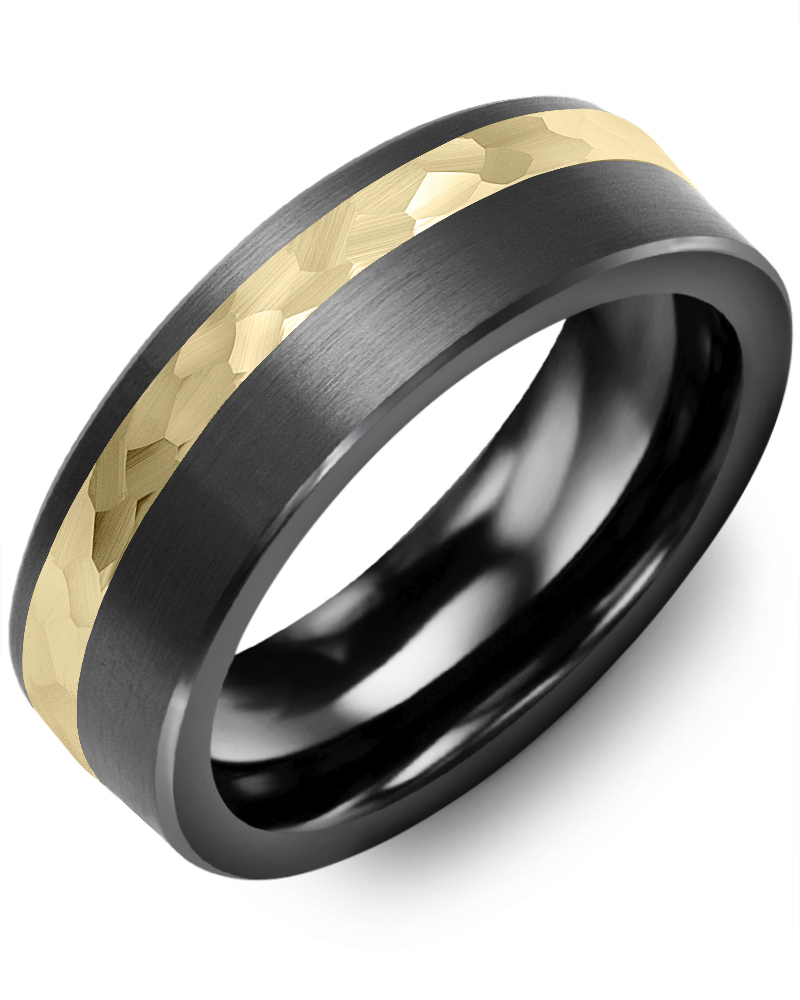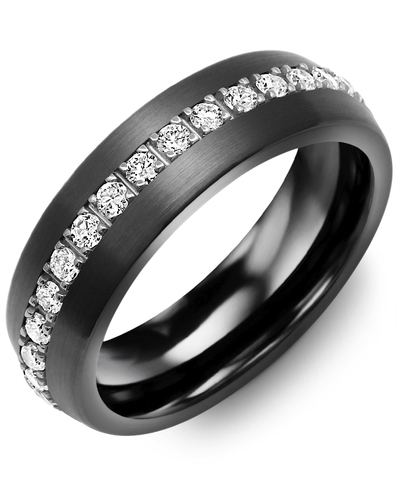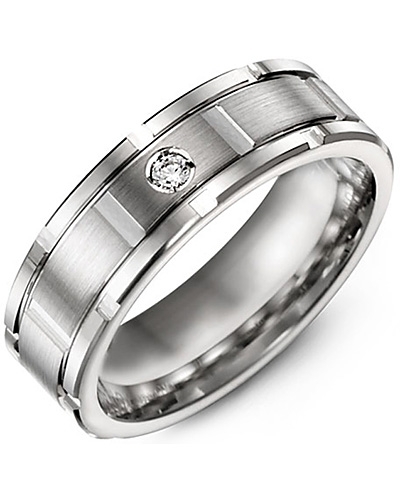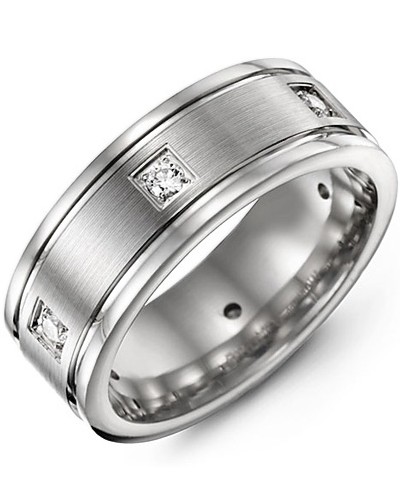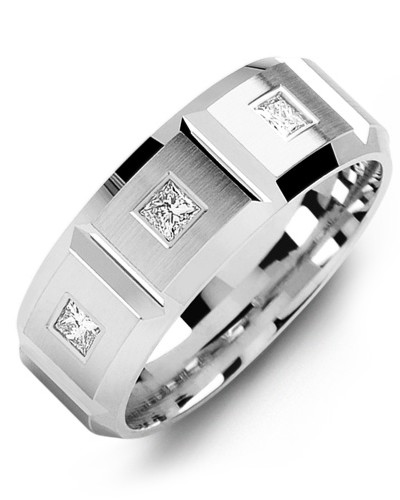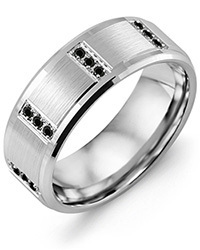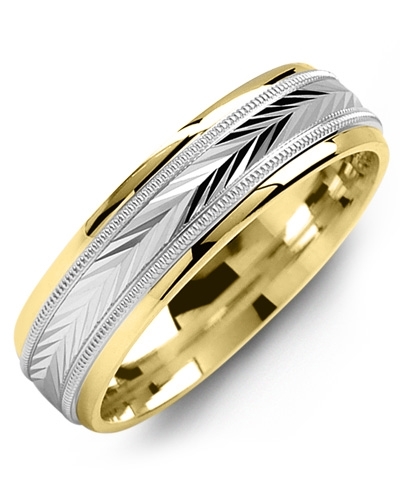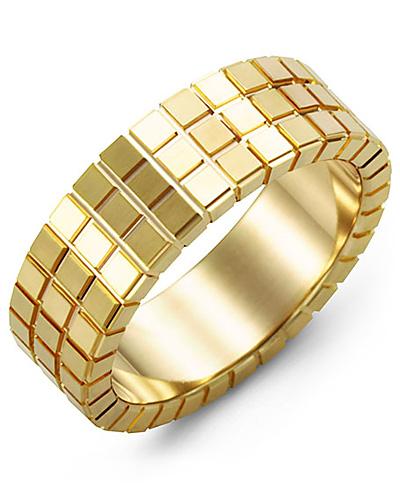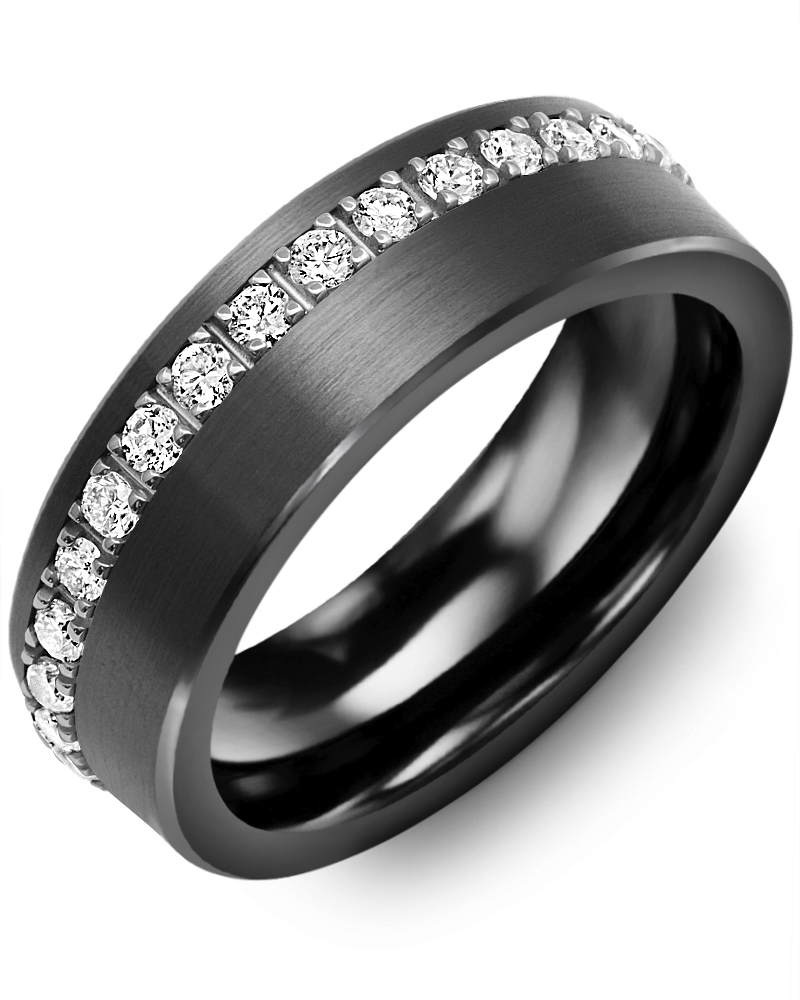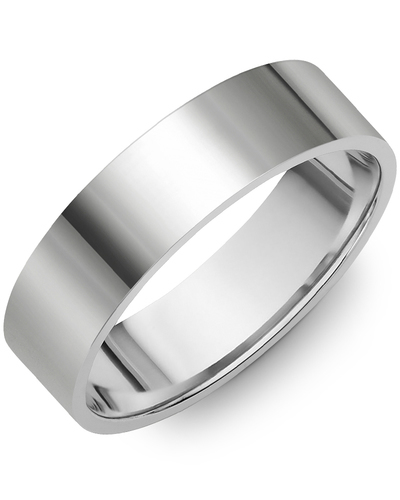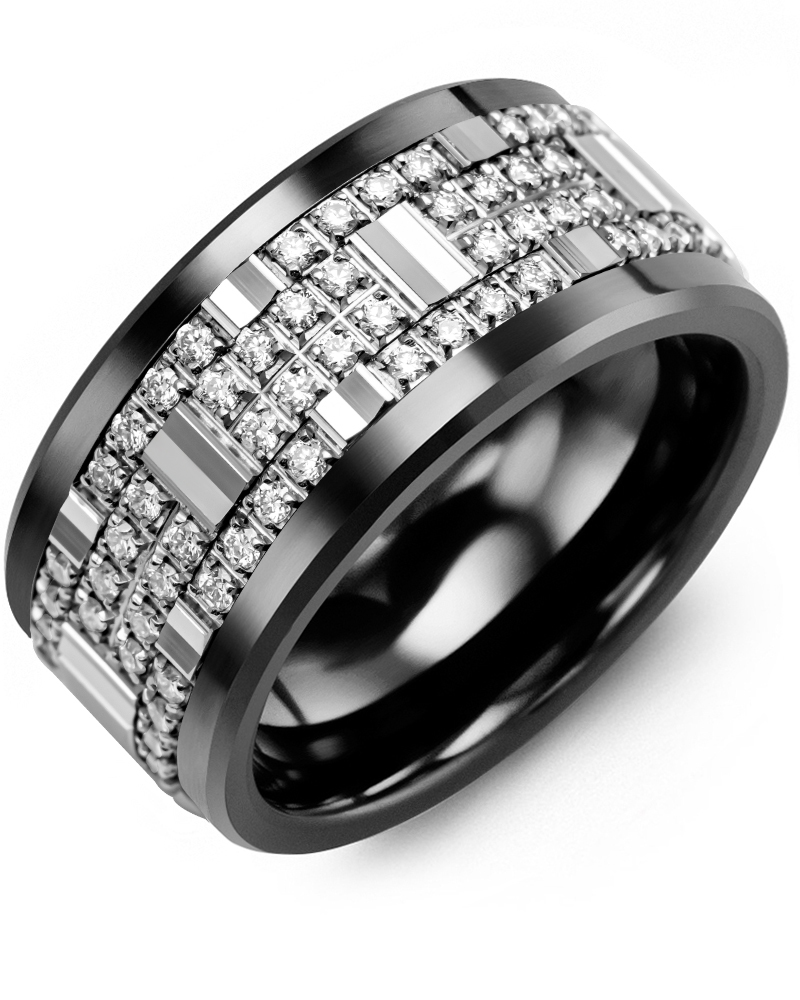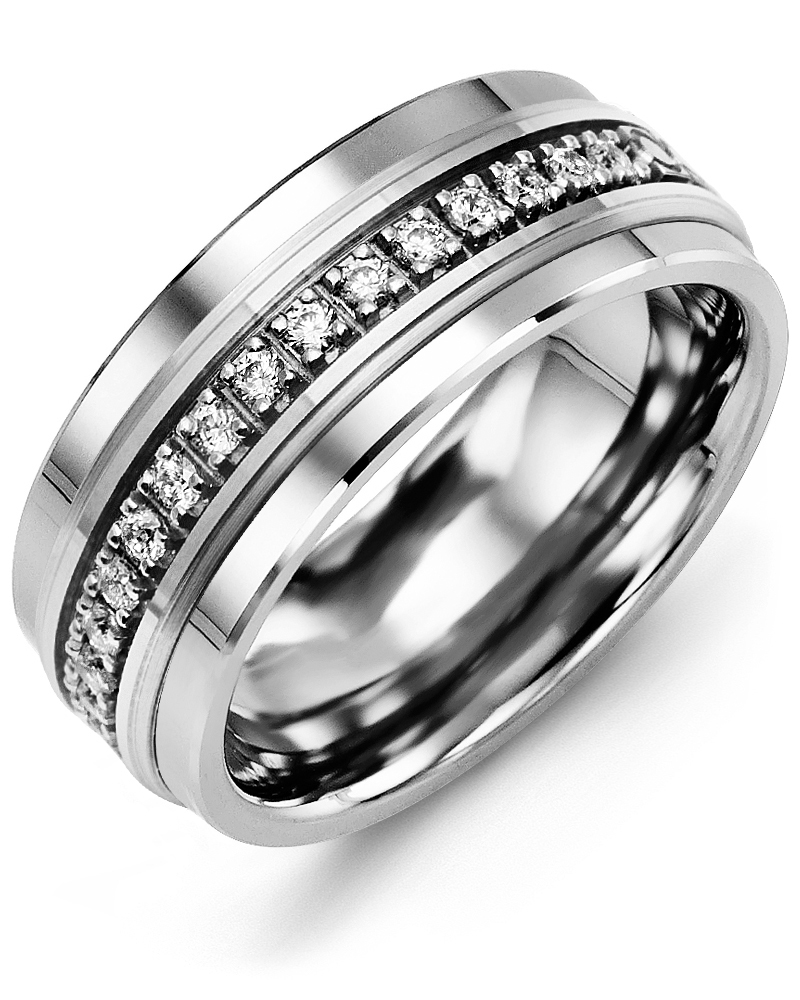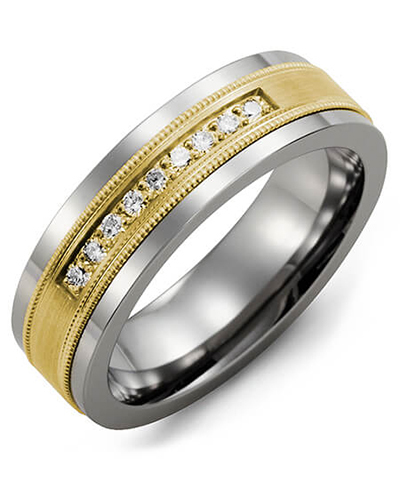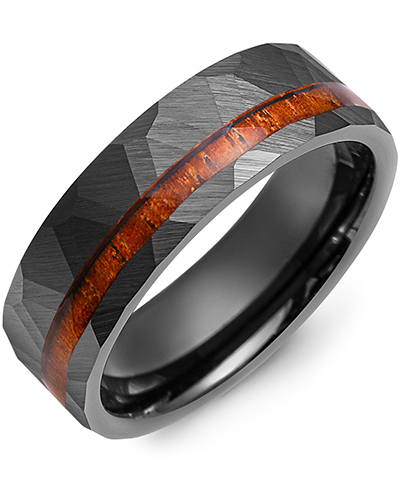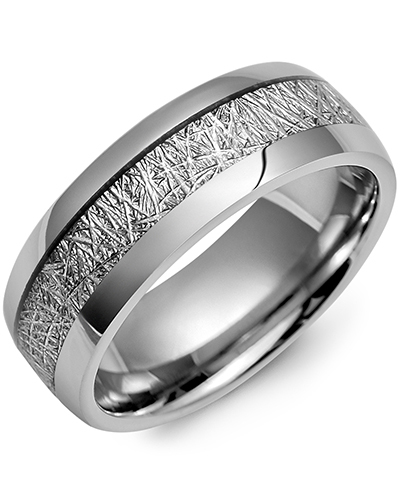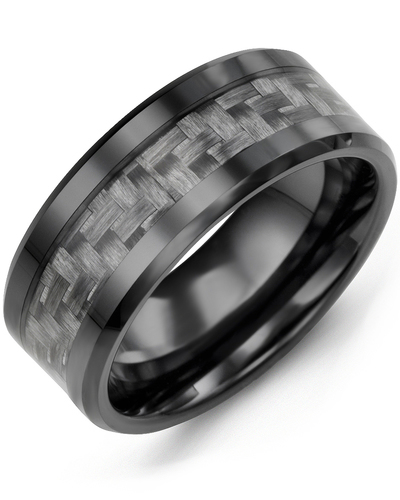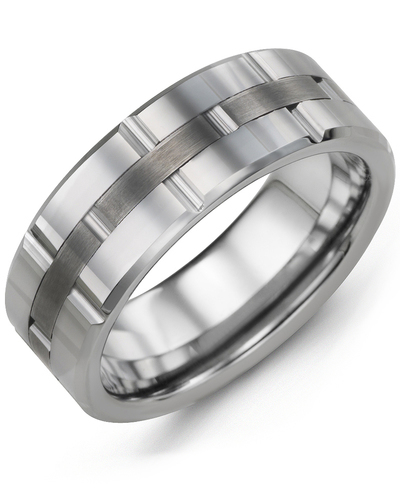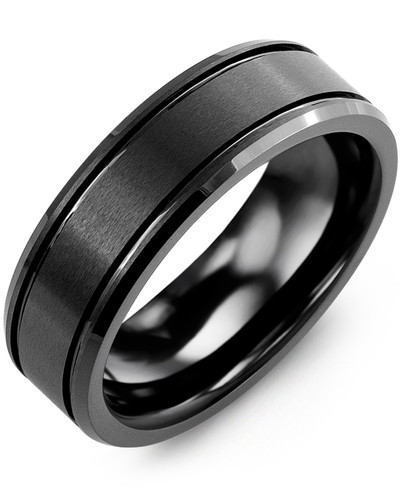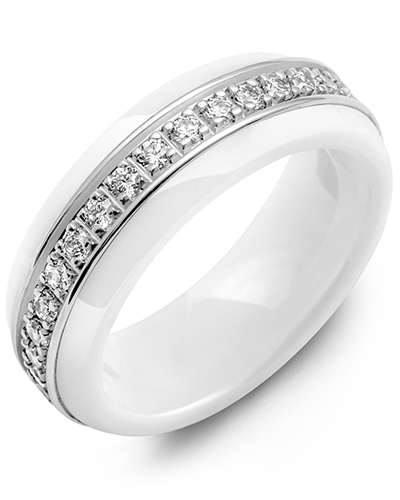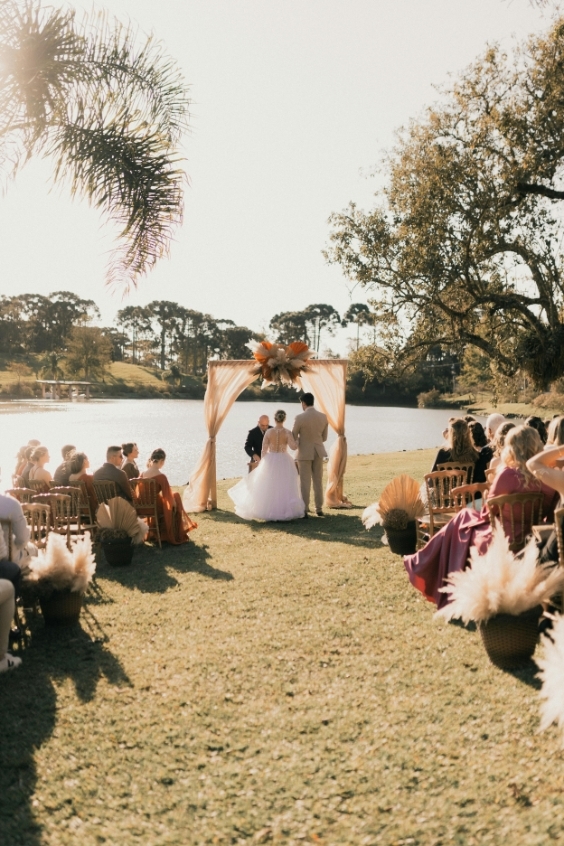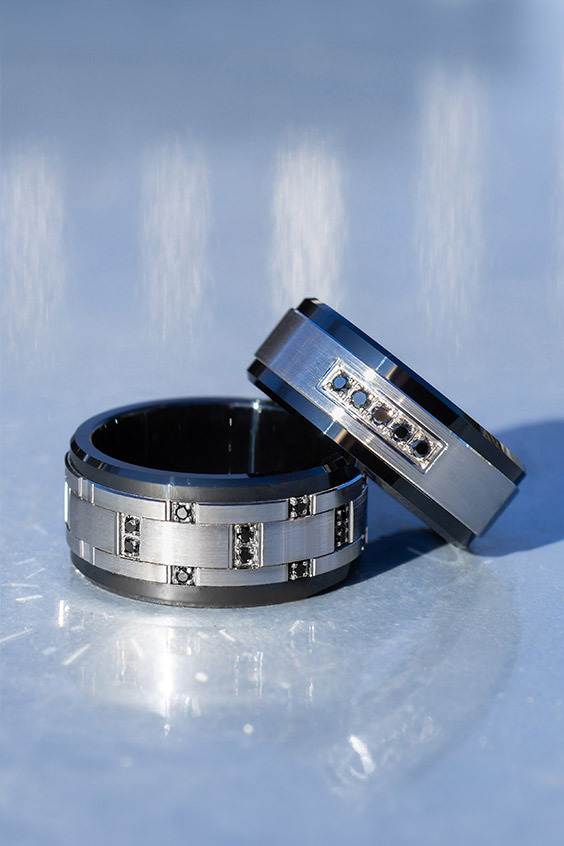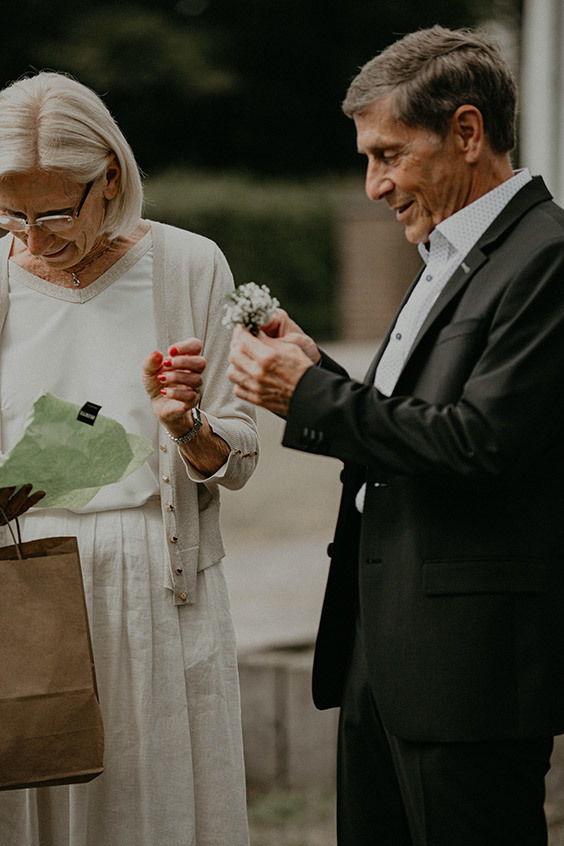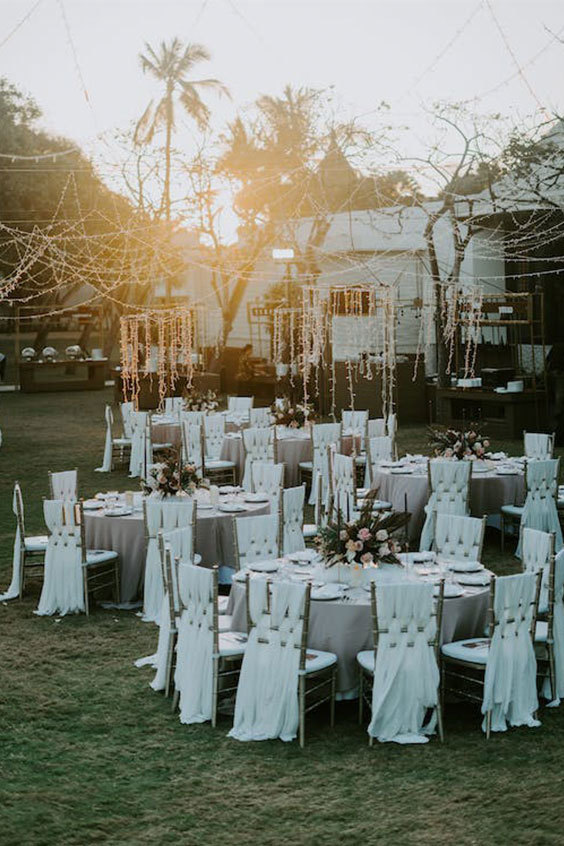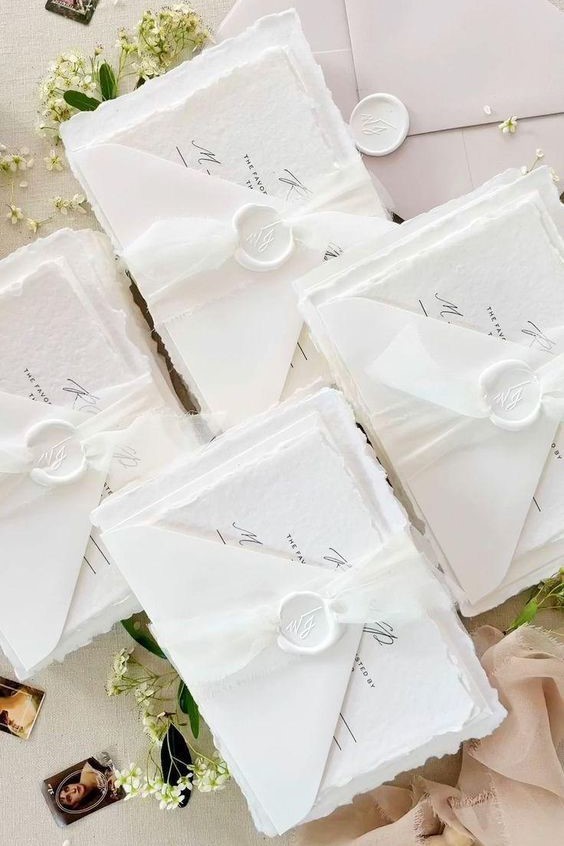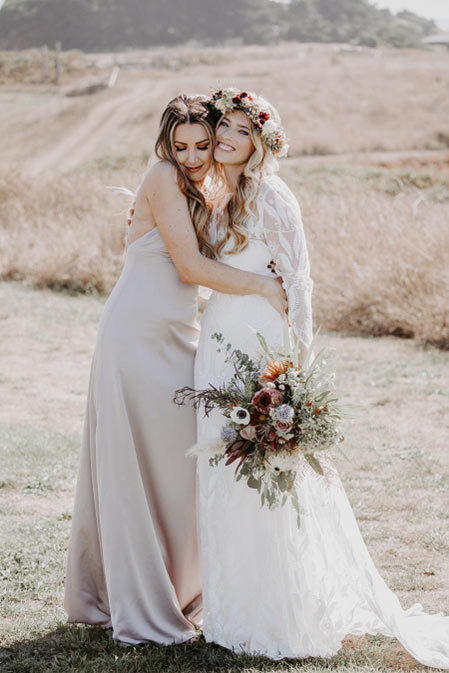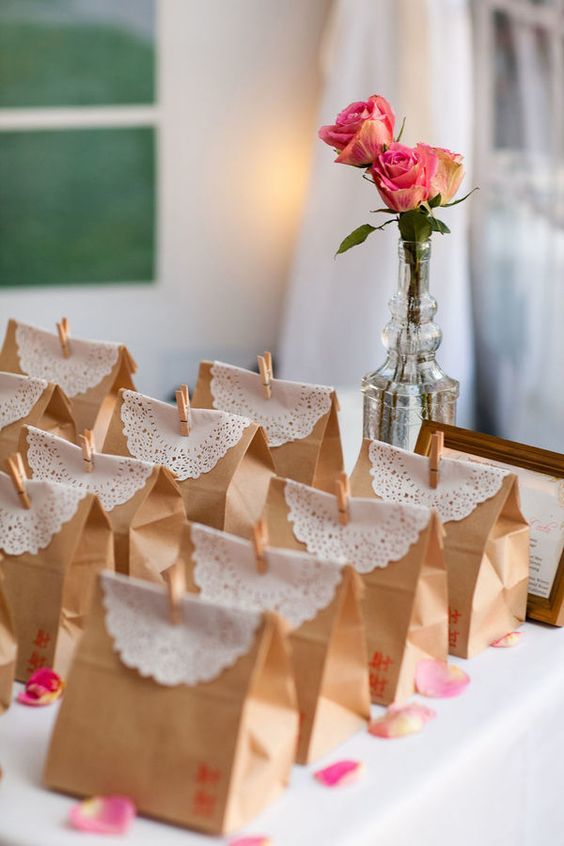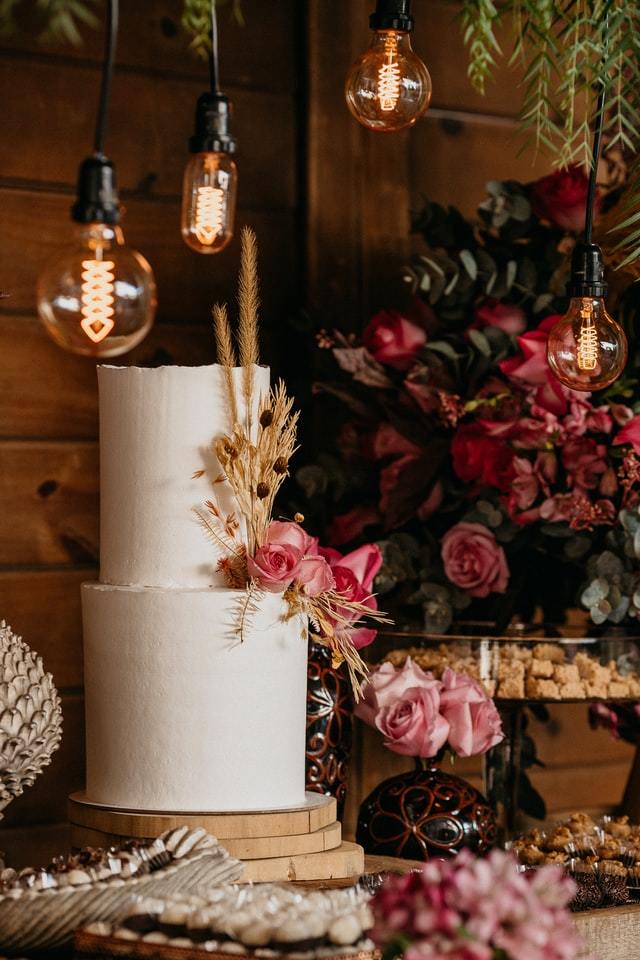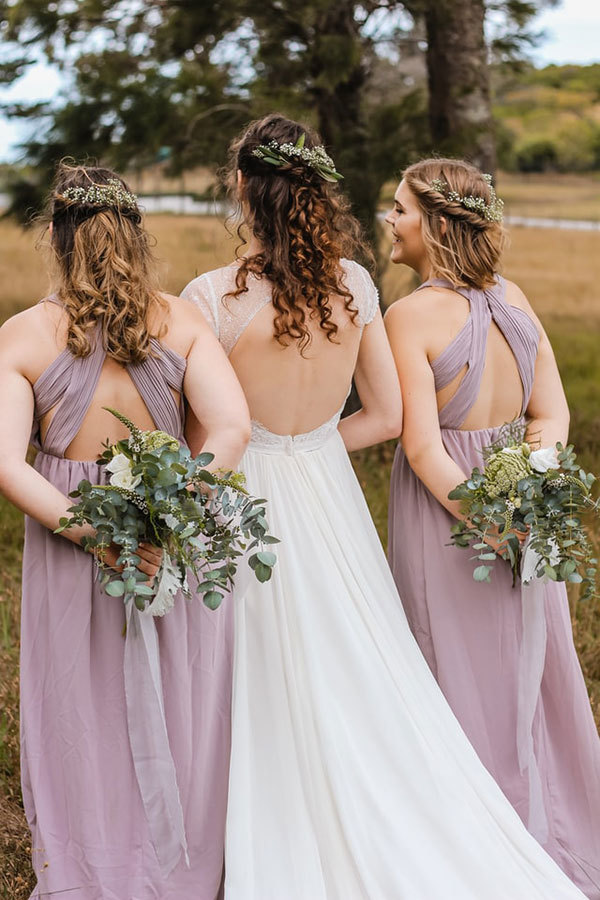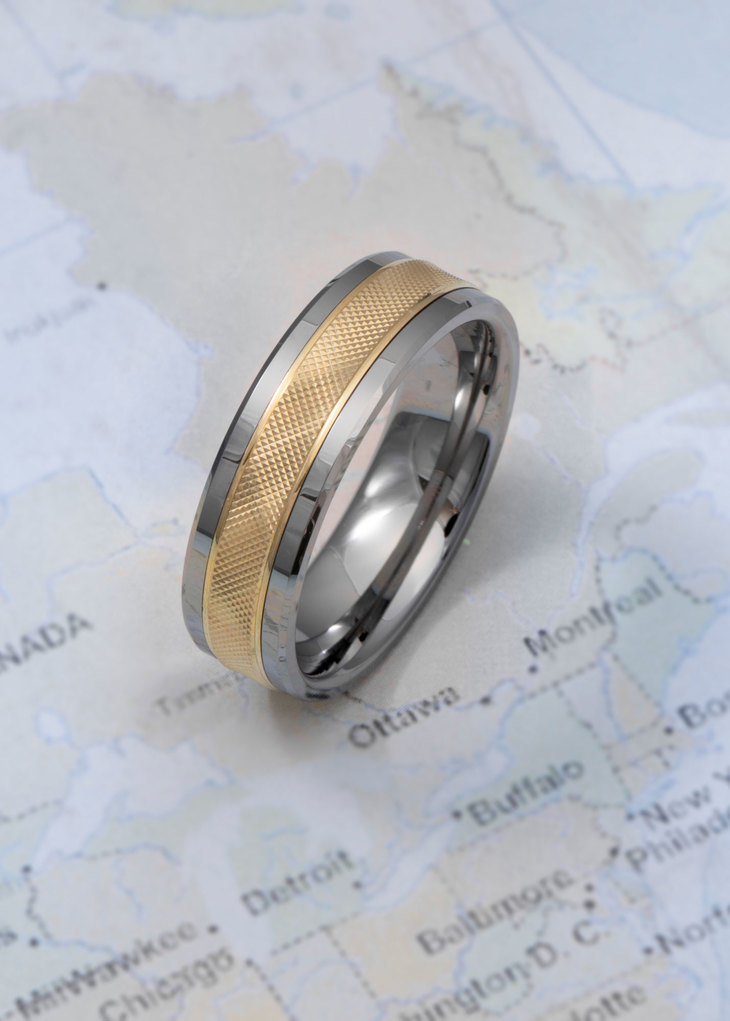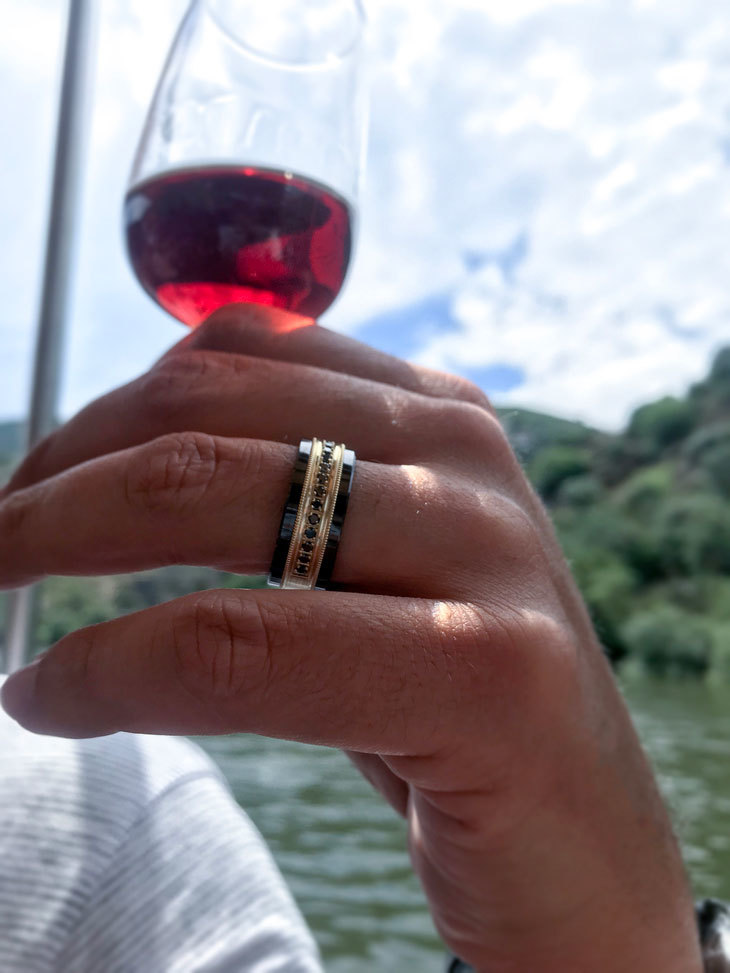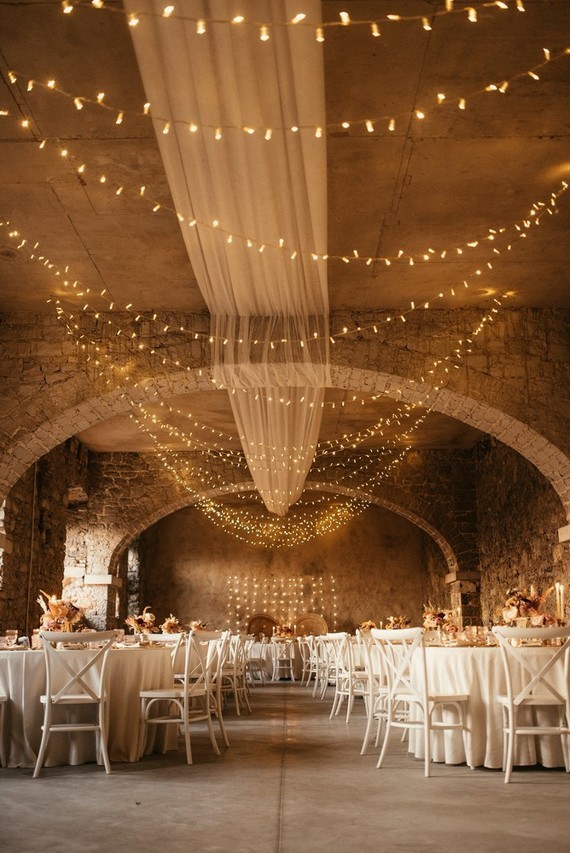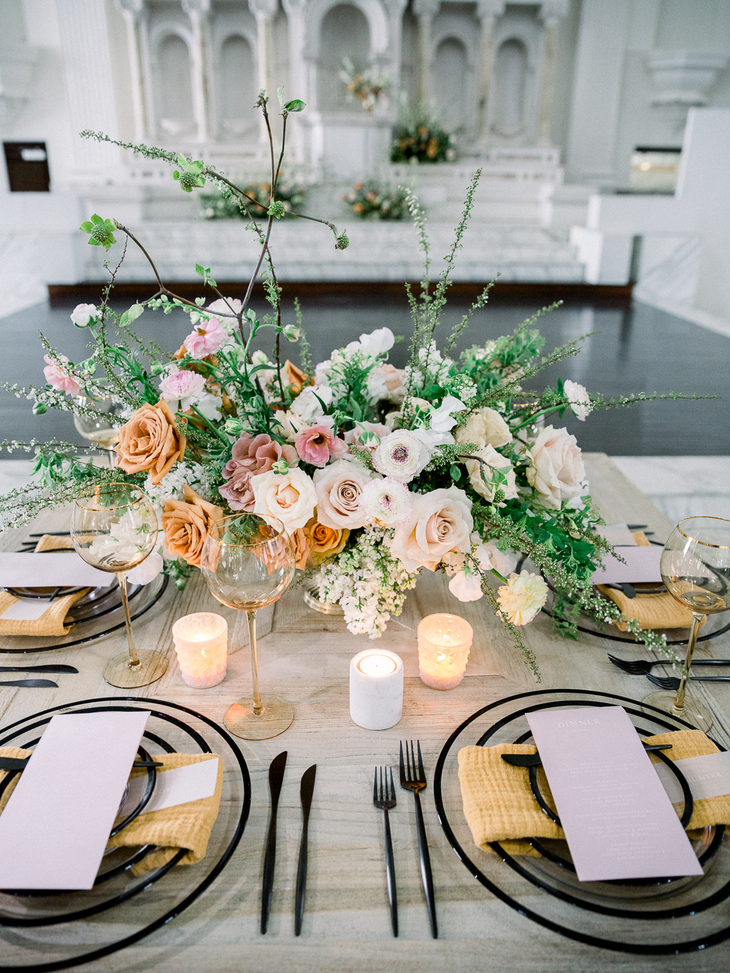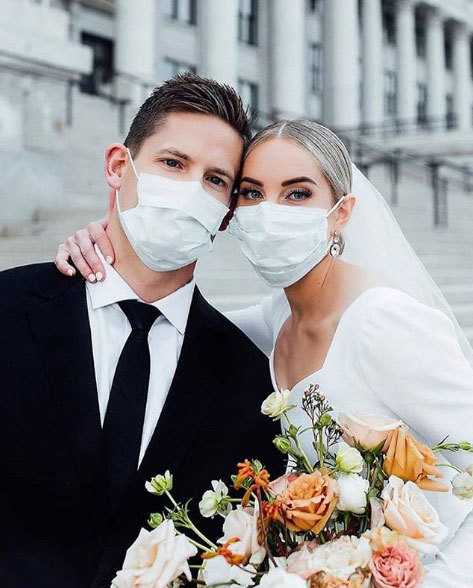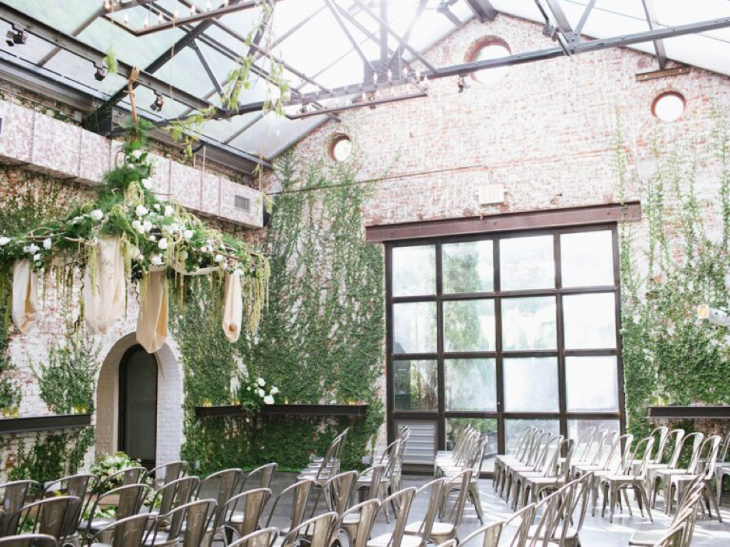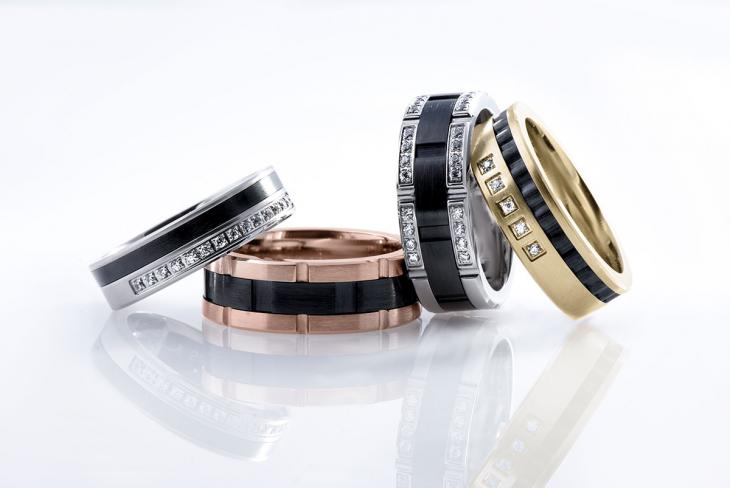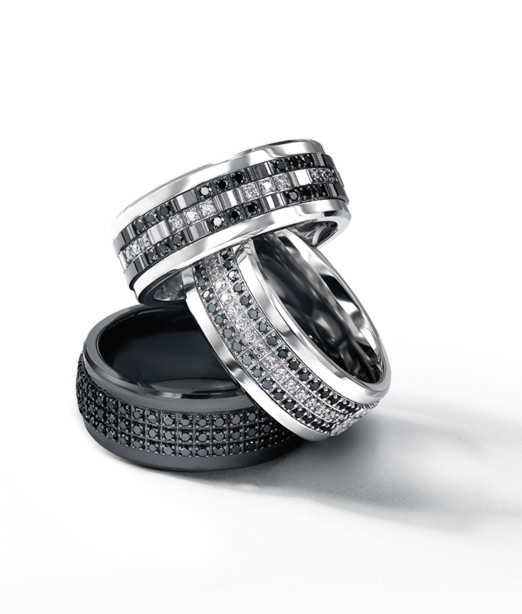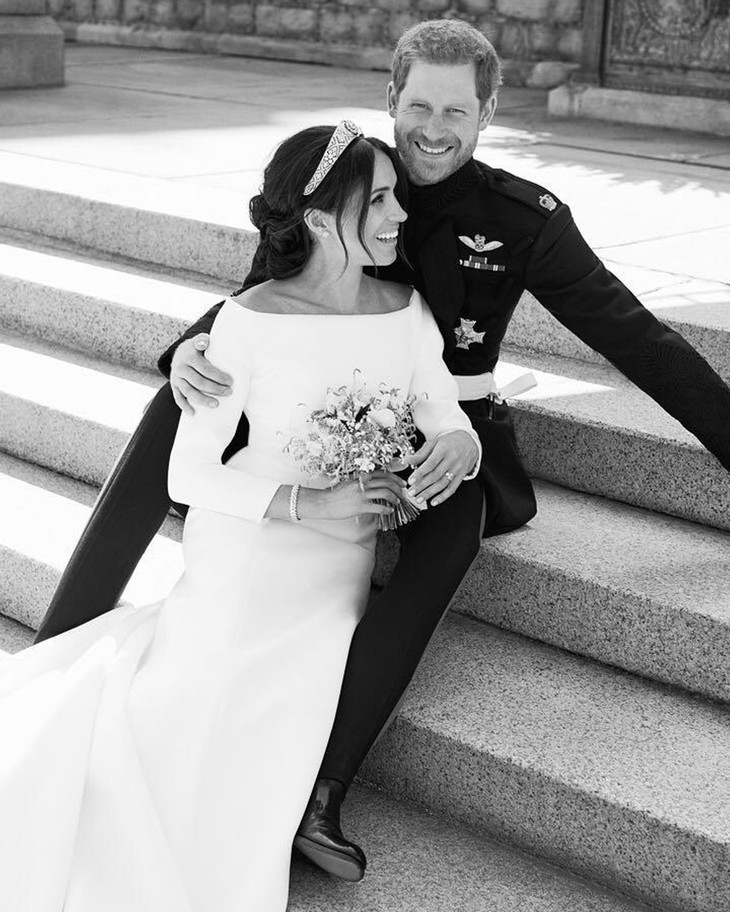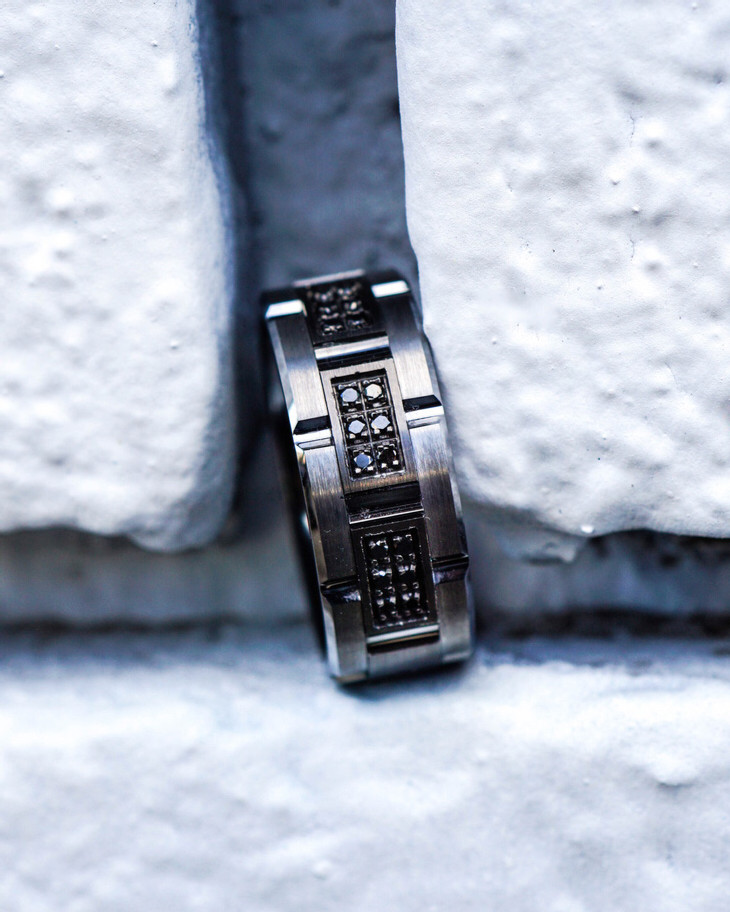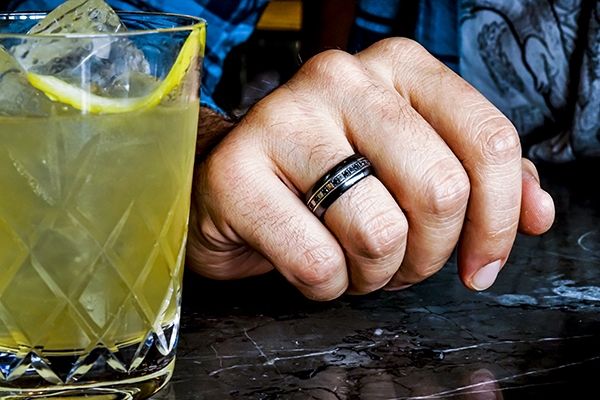Planning your wedding should be fun, exciting, and bring you and your partner even closer together. You both have so much to think about: creating your guest list, picking the perfect honeymoon destination, choosing wedding rings, and selecting a delicious cake to name just a few.
But one factor that’s easy to overlook (yet massively important) is your wedding’s environmental impact. Transporting guests to the venue, sourcing food, and other essential aspects of the day will all all contribute to your carbon footprint.
Fortunately, it’s easier than ever to throw an environmentally friendly wedding that’s still fun, joyous, and true to yourselves. And we’ll explore seven ideas to help you do that below.
Send Eco-Friendly Wedding Invitations

Traditionally, sending wedding invitations is one of the most important steps in planning the day. It’s not a step you need to take if you don’t want to — you can easily invite guests with a quick social media message or email instead. That’s a fast, simple, and environmentally friendly option that allows you to bypass the stationery altogether.
But if you’re a little more traditional and love the idea of sending out invitations by mail, you can still do that in an eco-friendly way. Various suppliers offer invitations crafted from recycled materials, which enables you to honor the classic approach ethically.
Just make sure that any physical invitations you send out are fully recyclable, and ask guests to place them in their recycling bins if they don’t intend to keep them.
Choose Your Wedding Venue with Care
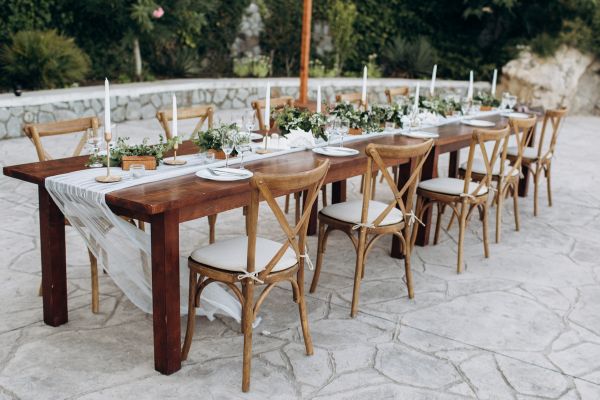
Finding a wedding venue you both adore is vital. But if you want to make your day as eco-friendly as possible, you’ll need to choose a location carefully.
Keep these points in mind when browsing your options:
• Avoid marquees or other temporary structures. These may need to be transported to a site and set up from scratch if they’re not stored on the venue’s grounds. Avoiding them means less emissions from trucks moving materials from one location to another.
• Discuss the venue’s environmental policy. Make sure that they have strict rules in place for recycling, using biodegradable goods, and wasting energy. Express how much this all matters to you, and any reputable venue should be prepared to take the necessary steps to accommodate reasonable requests.
• Consider marrying outdoors. If the climate allows for it, an outdoor wedding can be an eco-friendly option. Choosing a spot with generous tree coverage will reduce the need to transport temporary shelters (e.g. marquees and tents). You should also get to use natural lighting for most of the day. However, choose the time of year carefully and check weather forecasts well in advance.
When trying to find a wedding venue, take the time to explore the most viable options and ask all the questions you need to before you decide. Don’t pick a venue based entirely on its green credentials: make sure you find somewhere that ticks other critical boxes as well, even if that means a little compromising and negotiating.
Make Your Guest Transportation Greener
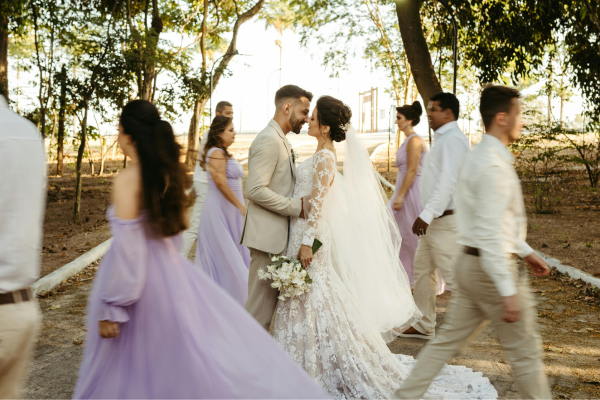
Creating a guest list can be a challenge, especially if you have dozens of friends and relatives eager to take part. Who will get to see you exchange your vows and wedding rings, cut the cake, and enjoy your first dance as a married couple?
Regardless of the names you put on your list, ask how your guests will get to the wedding. Will any of them need to fly? Take trains? Drive for hundreds of miles? Making smart transportation decisions is crucial for hosting an eco-friendly wedding.
Here are a few tips to help make it easier:
• Encourage guests to share cars whenever possible. If they live locally to other guests, they can pick them up on the way.
• Be selective with overseas guests. If any potential guests live abroad, think hard about whether they would genuinely want to catch a plane and travel for several hours to attend. They may appreciate not being invited (as they’ll save time and money), and you’ll prevent non-essential air travel.
• Group guests together. Depending on the size of your guest list, hire a minibus or coach to collect as many local guests as you can. Reducing the number of cars on the road, even by only a few, benefits the environment.
Keep transportation in mind when exploring wedding venues. Choosing a site that’s local to you and the majority of your guests will reduce the amount of travel required.
Pick Wedding Clothing You Can Reuse

Try to find wedding clothing that you can use again and again in the future. You might think that a wedding dress or suit can only be worn once, but that doesn’t have to be the case.
Think about your wedding rings. When you and your partner choose your jewelry, whether you’re going for diamond wedding rings or something a little more understated, you know you’ll probably wear it for years to come. You’re unlikely to leave the bands or rings stored in their boxes once your big day ends, after all.
Try to take a similar approach to your wedding clothing. You may not wear a three-piece suit or flowing gown every day for the next decade, but consider choosing outfits with more longevity than 24 hours.
For example, if your dress would be suitable for other occasions beyond a wedding, you could dye it and wear it many more times.
Another way to make eco-friendly choices with your wedding clothing is to buy pre-loved or ethically produced items, or even rent your outfits instead.
Plan a Wedding Breakfast with Minimal Waste and a Smaller Carbon Footprint
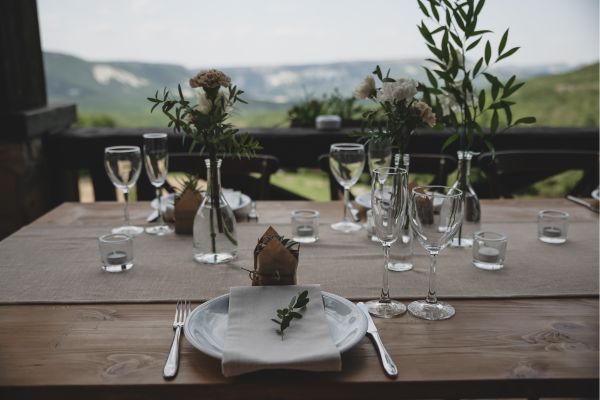
The wedding breakfast is a crucial part of the day for the happy couple and the guests alike. Depending on how early your ceremony starts, your friends and family may be ravenous by the time they sit down to enjoy a feast.
But if you’re not careful, you could create a huge amount of food waste with your wedding meal and make it generally unfriendly to the environment.
Here are a few tips to keep in mind:
Avoid a buffet
Buffets are more likely to generate waste. They’re designed to cater to different tastes and give guests plenty of choice, with large quantities of food ready to eat just in case. But there’s likely to be plenty of leftovers, which may need to be thrown in the trash the next day. Disposable cutlery and plates can be an issue too.
If you have your heart set on a buffet, provide a small range of options and plan for just a couple of plates’ worth per guest. Make sure the venue offers reusable cutlery and dishes. See if you can donate leftovers to a homeless shelter or food bank to minimize waste, if they’re in good condition.
Go Plant-Based
Consider a plant-based wedding meal. Research at Oxford University found that vegans are responsible for 75% less greenhouse gas emissions than people who eat meat.
The sheer range of plant-based options available today means that it’s easier than ever to create a delicious meal your guests will love.
Support Local Suppliers
Try to choose dishes that only use in-season ingredients that can be sourced locally. Not only will you be supporting providers in your area, but you’ll also prevent food from being transported unnecessarily. If you can, speak to the chef well in advance to explore how you can create an exquisite yet eco-friendly wedding feast.
Try Lighting Your Wedding Night with Candles, Not Electric
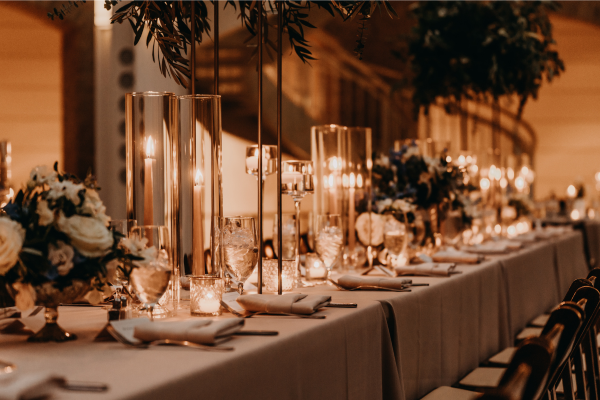
For an environmentally friendly wedding, energy efficiency is essential. A venue with plenty of windows may use natural lighting during the day, but come nightfall, electric lighting will be necessary.
Unless you illuminate your evening celebrations with candles, of course.
If your venue gives you the go ahead, setting up beautiful lanterns with candles burning inside can create a magical aesthetic and atmosphere.
Candlelight may mean you need to take more care when taking pictures, but you can still capture beautiful photographs. Imagine how good your wedding rings will look side by side with candlelight emphasizing their curves and diamonds.
Consider an Eco-Friendly Honeymoon

One of the most exciting parts of preparing for your nuptials, possibly even more than picking wedding rings, is choosing your honeymoon.
But flying to an exotic destination on the other side of the world will increase your carbon footprint substantially. Why not look a little closer to home instead?
If you’re based here in Canada, for example, you’ll know that this is a beautiful country with plenty of amazing places to visit on your honeymoon. Popular options include:
• Mont Tremblant, Quebec
• Banff, Alberta
• Prince Edward Island
• Quebec City, Quebec
• Whistler, British Columbia
If you can reach your honeymoon destination by train or coach, instead of flying or driving, you can enjoy a more sustainable vacation.
We hope these seven tips help you throw an unforgettable eco-friendly wedding and make memories you’ll cherish forever. And if you’re on the lookout for beautiful wedding jewelry, Madani Rings offers an exquisite selection of wedding rings and wedding bands for all tastes.
